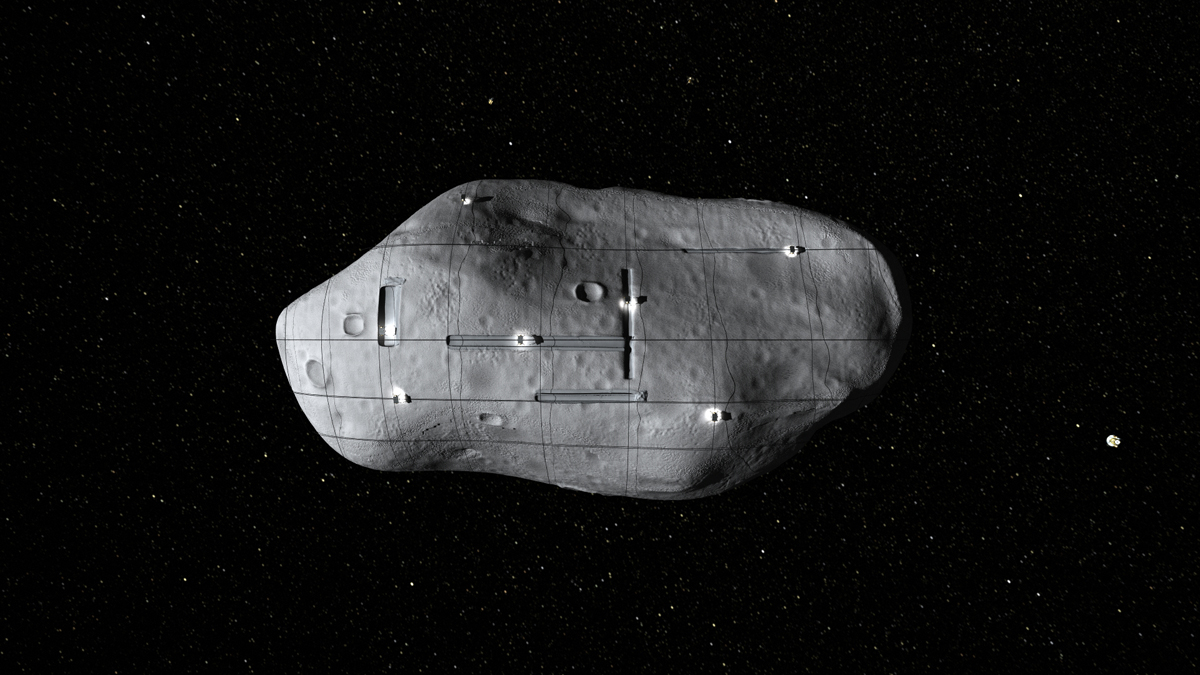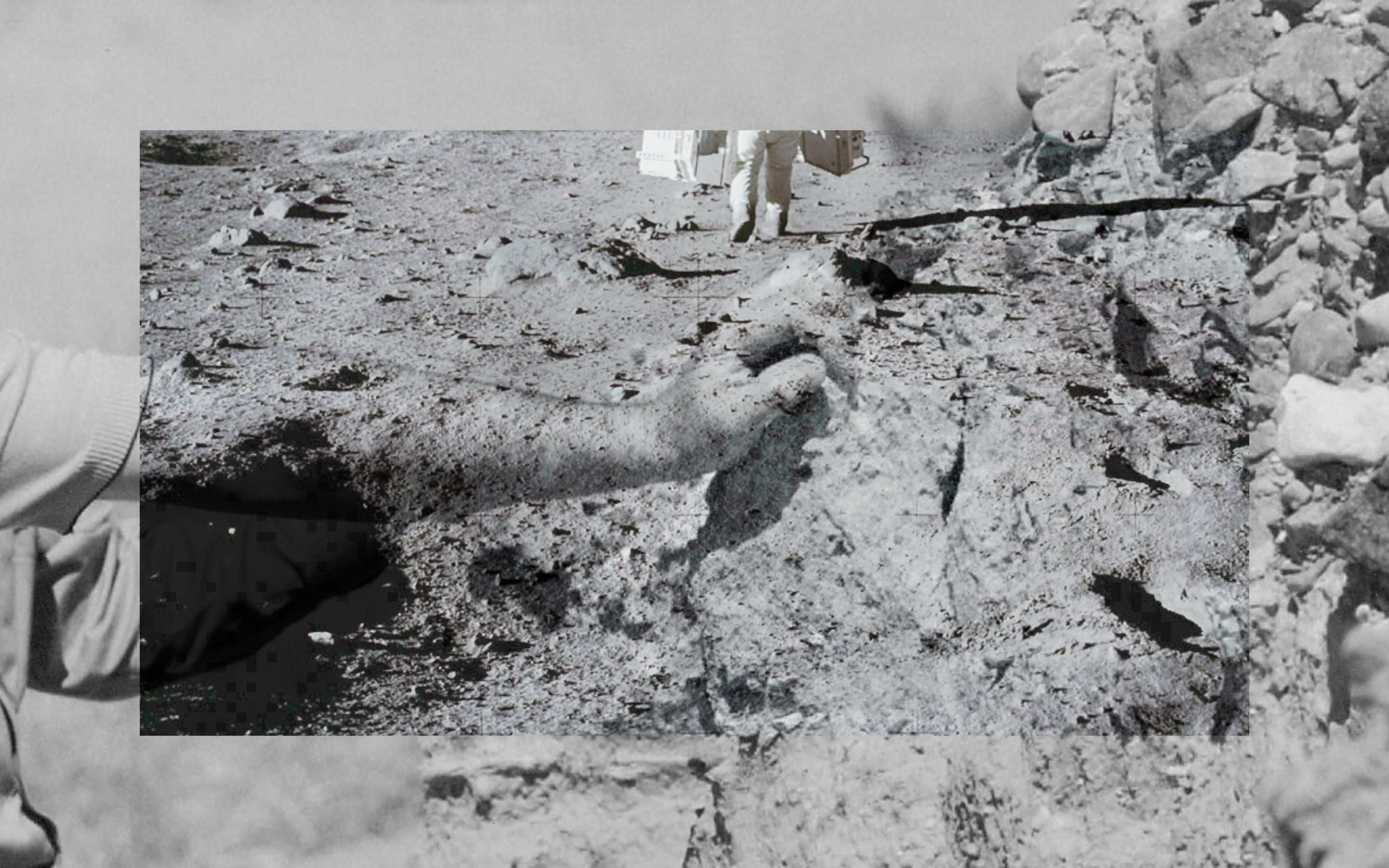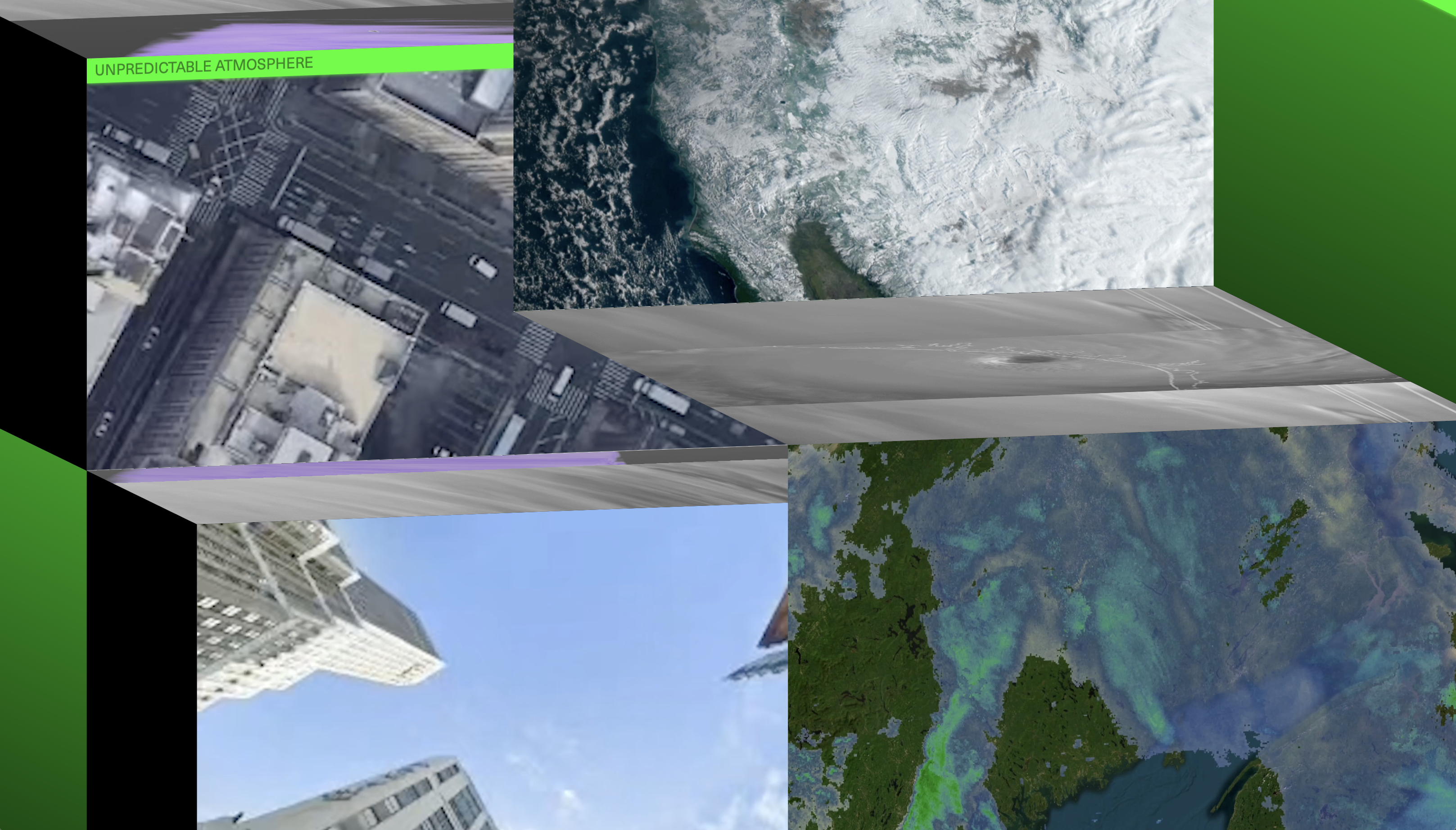April 18, 2018, 7pm
New York 10002
USA
In November 2016 Portugal’s Ministry of Science, Technology, and Higher Education announced plans to open the Atlantic Spaceport, a logistics site for commercial space launches. Located in the Azores, a mid-Atlantic archipelago and autonomous region of Portugal, the Atlantic Spaceport is the lynchpin of national and European attempts to make the country an “innovation hub” for the fast-growing commercial space sector. With these plans the Portuguese state, and its backers at the European Space Agency, are seeking to position the country as a player in the neoliberalization of outer space, whereby the governance of space is restructured around the growth of private industry and a gradual shift from space exploration to space exploitation.
Understood within the context of Portugal’s post-financial crisis economic policy, the Atlantic Spaceport takes its place amongst other attempts to stimulate growth by drawing on the country’s colonial territories and relationships with former colonies—from “golden visa” programs offering residency to wealthy Brazilians investing in Portuguese real estate and courting investment from oil-rich Angolans, to the hotly contested plans to offer deep-sea mining concessions off the Azores’ coast. However, in official discourses Portugal’s venture into the commercial space sector is framed in terms of international cooperation, scientific collaboration, and economic development with the Atlantic Spaceport, positioning the country as a geopolitical pivot between Global North and Global South, with it’s colonial history figured as the launchpad for techno-futurist imaginaries of human life in space.
This lecture seeks to use the Atlantic Spaceport as a lens through which to explore the deep entanglement of colonial imaginaries and neoliberal governance in the context of European space exploration, rather than in the more familiar setting of American final-frontierism. It argues that only by understanding the ways in which contemporary visions of off-Earth futures are constitutively bound up with patterns of colonial thinking, capitalist accumulation, and neoliberal governance is it possible to imagine these futures otherwise, and to develop modes of thought and practice whereby the promise of space exploration as a vector of freedom and justice – both on and off-Earth – might be realized.
Rory Rowan is a political geographer and cultural critic. His research spans widely across critical social theory, political ecology, and the environmental humanities, and currently focuses on the political and philosophical dimensions of the Anthropocene and the development of commercial industries in outer space. He is author, with Claudio Minca, of On Schmitt and Space (Routledge, 2015) and regularly contributes writing to academic journals and arts publications including e-flux journal. From 2014 to 2017 he was Lecturer in Political Geography at the University of Zurich and is currently Guest Lecturer in the Master of Fine Arts Program at the Zurich University of the Arts.
For more information, contact program@e-flux.com.



















